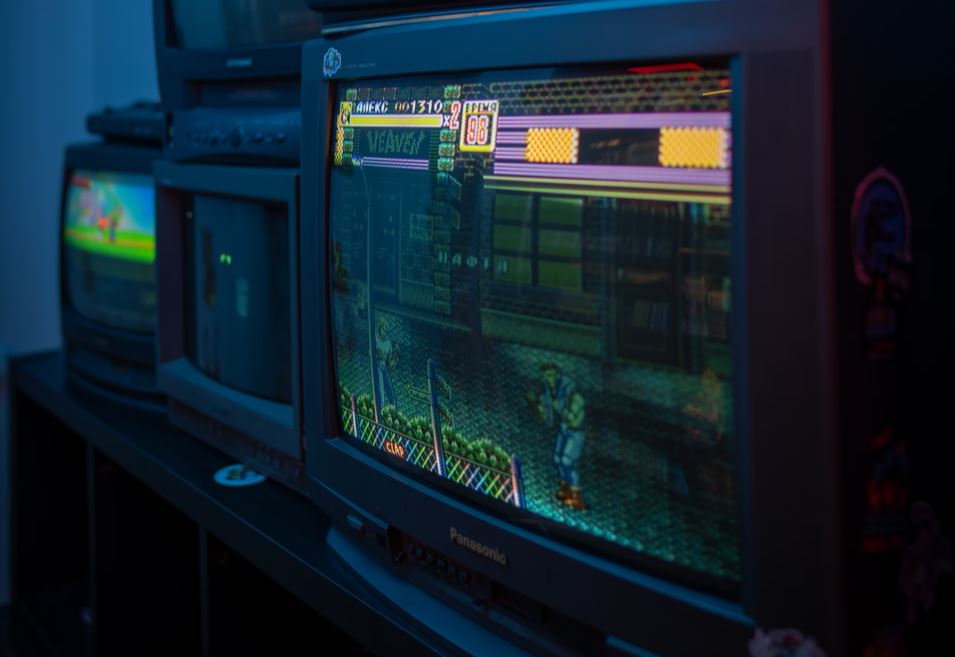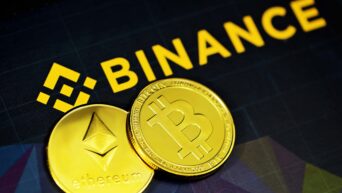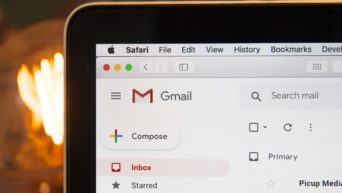
Credit: Unsplash
Spencer wants there to be a way to preserve older games cleanly and legally.
After computers became sufficiently powerful, emulation of older video game consoles became a fairly commonplace practice. Before game consoles regularly connected to the internet, there was no way to purchase and play software from consoles like the first PlayStation, Nintendo 64, and others. This is why development of emulation programs and circulation of game ROMs still goes on, but unfortunately, this practice tends to draw the ire of the games’ publishers, especially Nintendo. However, while publishers are quick to take down any means of emulating their older games, they are often reluctant to replace them with a commercially viable alternative, and so the cycle continues.
In an interview with Axios, Phil Spencer, Microsoft’s vice president of gaming, said that things don’t have to be like this. Other major mediums of entertainment all have means to revisit past productions easily and legally, so there’s no reason gaming can’t be the same way. “I think we can learn from the history of how we got here through the creative,” Spencer said. “I love it in music. I love it in movies and TV, and there’s positive reasons for gaming to want to follow.”
“My hope (and I think I have to present it that way as of now) is as an industry we’d work on legal emulation that allowed modern hardware to run any (within reason) older executable allowing someone to play any game,” Spencer added.
Most of the major console developers do offer at least part of an avenue of legacy software emulation, usually through paid subscriptions. Earlier this week, Microsoft added a bevy of original Xbox and Xbox 360 games to its library of backwards compatible software on the Xbox One and Xbox Series X/S. However, these methods often only capture a fraction of the full game libraries, often leaving a lot of fan favorites out in the cold.
Phil Spencer calls for industry-wide support of emulation for older games to preserve the past
“If we said, ‘Hey, anybody should be able to buy any game, or own any game and continue to play,' that seems like a great North Star for us as an industry.”https://t.co/nJwaGLnoaR
— Stephen Totilo (@stephentotilo) November 17, 2021
Spencer acknowledges that legal emulation would require a massive buy-in and consent from every major publisher, and making that happen would be a herculean undertaking. It is an undertaking, however, that is worth pursuing. “I think in the end, if we said, ‘Hey, anybody should be able to buy any game, or own any game and continue to play,’ that seems like a great North Star for us as an industry,” Spencer said.






























